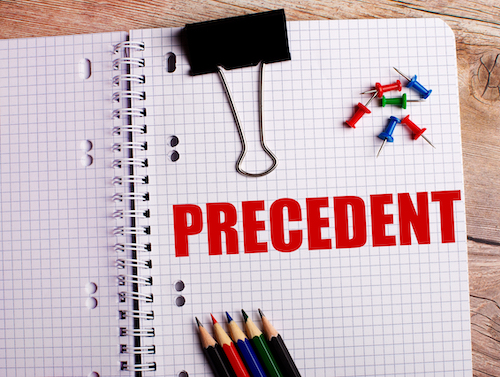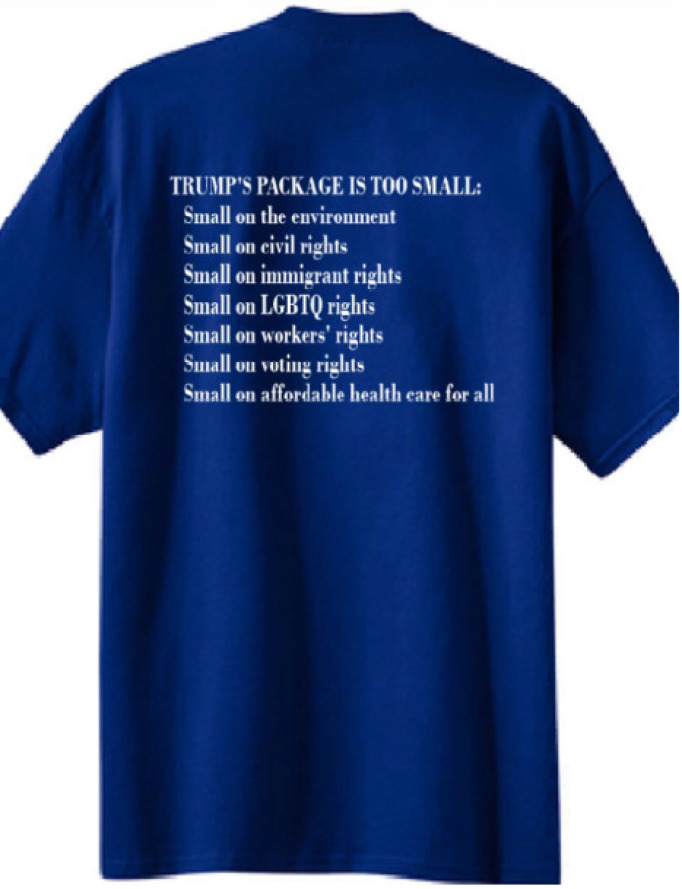Federal Circuit Affirms PTAB Win for Unified But Clarifies Reading of Rehearing Regulation
“Nothing in the statutes or regulations requires a party to an IPR to file a request for rehearing to preserve a right to appeal to this court.”- Federal Circuit opinion
In a precedential decision today, the U.S. Court of Appeals for the Federal Circuit (CAFC) upheld a Patent Trial and Appeal Board (PTAB) determination that all claims of a patent on voice command technology were unpatentable, but clarified that arguments not raised in a PTAB request for rehearing are not necessarily forfeited on appeal.
Unified Patents filed a petition for inter partes review (IPR) of Voice Tech Corp.’s U.S. Patent No. 10,491,679, challenging all claims as obvious. The patent is titled “Using Voice Commands from a Mobile Device to Remotely Access and Control a Computer.” The PTAB found all claims unpatentable as obvious over two of the three prior art references presented by Unified—“Wong” and “Beauregard”.
On appeal, Voice Tech first argued that Unified’s petition “failed to identify any disclosure in Wong that teaches the ‘mobile device interface’ recited in claims 5 and 7, and that failure should have precluded the Board from finding such a disclosure.” But both the PTAB and the CAFC said that Voice Tech’s reading of the petition was incorrect, explaining that errors made by Unified in a chart of limitations that omitted mention of the claimed “mobile device interface” did not overshadow the fact that the cross-references referred back to the structure. “Petitioner’s analysis refers back to its claim 1 analysis of a limitation that performs the same ‘transmitting’ function,” wrote the PTAB. “Importantly, “Petitioner’s claim 1 analysis demonstrates not only how the combination of Wong and Beauregard performs the ‘transmitting’ function, but identifies the structure that performs the function.” The CAFC was not persuaded by Voice Tech’s argument that the Board created an obviousness theory on Unified’s behalf. “[T]he Board in this case did not consider or rely on a new theory absent from the petition. The petition identified, via cross-reference, that its prior art analysis on limitation [1.6] equally applied to limitations [5.8] and [7.8],” wrote the court.
Voice tech next argued that the PTAB misconstrued several claim terms and Unified in response said those arguments were forfeited because Voice Tech did include them in its request for rehearing before the Board. Unified also argued that the proposed new constructions would not change the outcome of the Board’s decision, in any case.
The CAFC said that Unified misread 37 C.F.R. § 42.71(d) because “nothing in the statutes or regulations requires a party to an IPR to file a request for rehearing to preserve a right to appeal to this court.” Filing a request for rehearing is optional and nothing in the regulation dictates that arguments the Board has already considered and rejected must be rehashed in a rehearing request, said the CAFC. The court added: “[G]iven the optional nature of rehearing requests, it would make little sense to find all issues preserved for appeal if a party declined to request rehearing, but to find certain issues forfeited if the party exercised its option to request rehearing on the subset of issues it believed the Board to have misapprehended or overlooked.”
Unified relied on Polycom, Inc. v. Fullview, Inc., 767 F. App’x 970 (Fed. Cir. 2019) to support its view that the claim construction arguments were forfeited, but the CAFC said that case had a “unique procedural posture” as it involved an appeal of an inter partes reexamination “with a convoluted procedural history before the Board and Examiner.” Here, since Voice Tech proposed its constructions to the Board in its Patent Owner Response; Unified addressed the constructions in its Petitioner’s Reply; and the Board affirmatively ruled on the constructions in the Final Written Decision, the court rejected Unified’s forfeiture theory.
Despite its finding that the claim construction arguments were not forfeited, the CAFC agreed with Unified that the new constructions would not change the outcome and the court declined to construe the terms because Voice Tech had not demonstrated any prejudice resulting from the Board’s constructions. And turning to the Board’s obviousness findings, the CAFC rejected voice Tech’s prior art and hindsight bias arguments, finding that substantial evidence supported the PTAB’s various conclusions.
Image Source: Deposit Photos
Author: [email protected]
Image ID: 417844404
Eileen McDermott
Eileen McDermott is the Editor-in-Chief of IPWatchdog.com. Eileen is a veteran IP and legal journalist, and no stranger to the intellectual property world, having held editorial and managerial positions at […see more]







